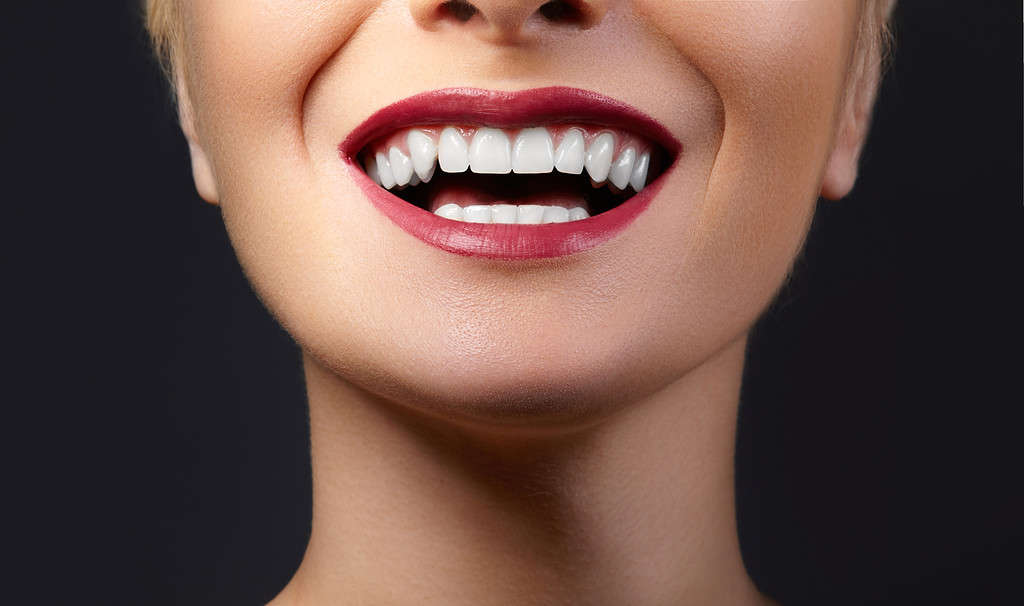Composite bonding in Liverpool is a pathway to a brighter, more confident smile. Here are five remarkable ways it can enhance the aesthetics of your smile.
Smiling is one of the simplest yet most powerful ways we express ourselves. It can light up a room and make a lasting impression. However, not everyone feels confident about their smile, and this is where composite bonding comes into play.
Composite bonding is a modern dental technique that can transform your smile, enhancing both its appearance and health. In this article, we’ll explore how this procedure can give your smile the brilliance it deserves.
Whether it’s fixing a chipped tooth or improving the overall colour and shape of your teeth, composite bonding offers a straightforward and effective solution. Keep reading as Pall Mall Dental Clinic in Liverpool takes you on a journey to explore the world of composite bonding in Liverpool.
What is Composite Bonding, and How Does It Work?
Composite bonding is a cosmetic dental procedure known for its simplicity and effectiveness in enhancing the appearance of your teeth. At its core, the dental procedure involves applying a tooth-coloured resin material to your teeth.
This material is called composite resin, and it’s skillfully shaped and polished to blend seamlessly with your natural teeth. What makes composite bonding unique is its ability to address various dental concerns without being invasive.
The procedure is minimally invasive and is typically completed in one visit, making it a convenient option for those looking to enhance their smile quickly.
5 Ways Composite Bonding Can Improve Your Smile
#1: Repairs Chips and Cracks
Even minor imperfections like chips or cracks in your teeth can detract from your smile. Composite bonding seamlessly repairs these flaws. The resin is molded to fill in any irregularities, instantly restoring the integrity and appearance of your teeth.
#2: Closes Gaps Between Teeth
Small gaps between teeth, while not a health concern, can be a cosmetic one. Dental bonding offers a simple solution. By adding material to the sides of the teeth, it effectively narrows the space between them, creating a more uniform, gap-free smile.
#3: Reshapes Irregular Teeth
Not all teeth are perfectly shaped; some might be shorter, longer, or oddly shaped. This procedure can reshape these teeth to match the rest of your smile, providing a more harmonious and appealing look.
#4: Improves Tooth Colour
Over time, teeth can become stained or discoloured. While teeth whitening is an option, it might not be suitable for everyone. However, bonding can cover these stains with a material that matches your desired tooth colour, giving you a brighter, whiter smile.
#5: Enhances Overall Smile Aesthetics
Beyond correcting individual teeth, composite bonding can be used to redesign your entire smile. It allows for subtle changes in the size, shape, and alignment of teeth, leading to a more attractive and balanced smile.
The Process: Step-by-Step
Preparation: Unlike other dental procedures, composite bonding usually requires minimal to no preparation. There’s often no need for anesthesia unless the bonding is being used to fill a decayed tooth.
Selecting the Shade: We will select a composite resin that closely matches the colour of your natural teeth. This step is crucial for ensuring a natural, harmonious look.
Surface Treatment: We will slightly roughen the surface of the tooth and then apply a conditioning liquid. This helps the bonding material adhere to the tooth.
Applying the Composite Resin: The resin is then applied, molded, and smoothed to the desired shape.
Curing: Once the resin is in place, a special light is used to harden it, bonding the material firmly to the tooth.
Polishing: Finally, the bonded tooth is shaped and polished to match the sheen of the rest of your teeth.
Advantages of Composite Bonding
Composite bonding offers a multitude of benefits for those looking for cosmetic dentistry to enhance their smile. Its minimally invasive nature means less alteration of your natural teeth, preserving their integrity. This contrasts sharply with more invasive procedures like veneers or crowns.
One of the most appealing aspects of composite bonding is its convenience. Procedures are typically completed in a single visit, offering a quick solution for smile enhancement.
Also, the treatment is cost-effective. It provides a more affordable alternative to other cosmetic dental treatments without compromising on the transformative results.
Finally, the procedure is simple and comfortable, often requiring no anesthesia. This ease of treatment makes it a favorable option for those apprehensive about dental work, ensuring a stress-free path to a more attractive smile.
Aftercare for Bonded Teeth
Proper aftercare is essential to maintain the longevity and appearance of your composite bonded teeth. Here are some key tips to follow:
- Avoid Stain-Inducing Foods and Beverages: Just like natural teeth, composite resin can stain. Minimise consumption of coffee, tea, red wine, and strongly coloured foods.
- Maintain Good Oral Hygiene: Brush twice a day and floss regularly. Use a soft-bristled toothbrush and non-abrasive toothpaste to avoid scratching the resin material.
- Regular Dental Check-Ups: Schedule regular visits to your dentist for cleanings and check-ups. This helps in the early detection of any issues with the bonding.
- Avoid Biting Hard Objects: Chewing on hard objects like ice, pencils, or fingernails can chip the bonding material. Be mindful of biting into hard foods with your bonded teeth.
- Wear a Mouthguard if Necessary: If you grind your teeth at night or play contact sports, consider wearing a mouthguard to protect your bonded teeth from excess force.
- Quit Smoking: Smoking not only stains your bonded teeth but also affects your overall oral health. Quitting smoking will help maintain the appearance and health of your bonded teeth.
- Limit Alcohol Consumption: Excessive alcohol can weaken the bond between the resin and your tooth. Moderation is key.
Take the Step Now: Enhance Your Smile with Composite Bonding in Liverpool
Are you ready to transform your smile now? At Pall Mall Dental in Liverpool, we’re here to help you achieve the confident, radiant smile you deserve.
With our expert care and the latest in dental technology, we can help you leverage composite bonding to correct any imperfection you might have with your smile.
Don’t wait any longer to take this significant step towards a more appealing smile. Schedule your appointment with us today and embark on the journey to a brighter, more confident you.
Call us now at 0151 258 1968 or use the Contact form to schedule an appointment.
FAQs
Is Bonding Suitable for Everyone?
Composite bonding is suitable for most individuals looking to enhance their smile. It’s ideal for correcting minor cosmetic issues like chips, gaps, or discolouration. However, it might not be the best option for more severe dental problems. Schedule a consultation with us now to determine if composite bonding is right for you.
Is the Composite Bonding Reversible?
One of the advantages of cosmetic bonding is that it’s a reversible process. Unlike veneers or crowns, which require the removal of a significant amount of tooth structure, bonding involves minimal alteration. If needed, the bonded material can be removed or altered without permanent changes to your teeth.
Is Dental Bonding Painful?
The bonding procedure is generally a painless one. Most patients do not require anesthesia, as the process involves minimal discomfort.
How Long Does Bonding Last?
The longevity of composite bonding depends on your oral hygiene and lifestyle habits. On average, bonding can last between 5 to 10 years before needing a touch-up or replacement. To extend the life of your bonded teeth, it’s crucial to follow good oral hygiene practices, avoid biting hard objects, and limit exposure to stain-causing substances.



